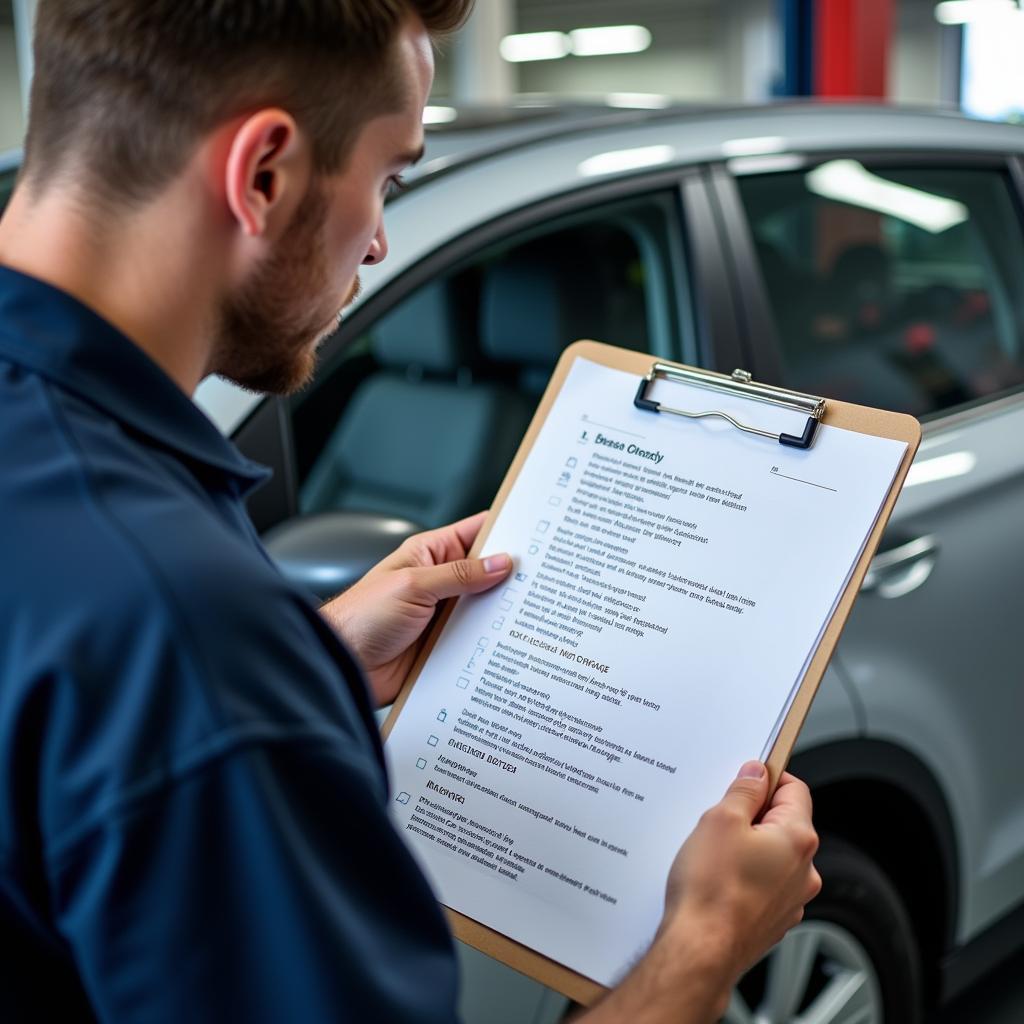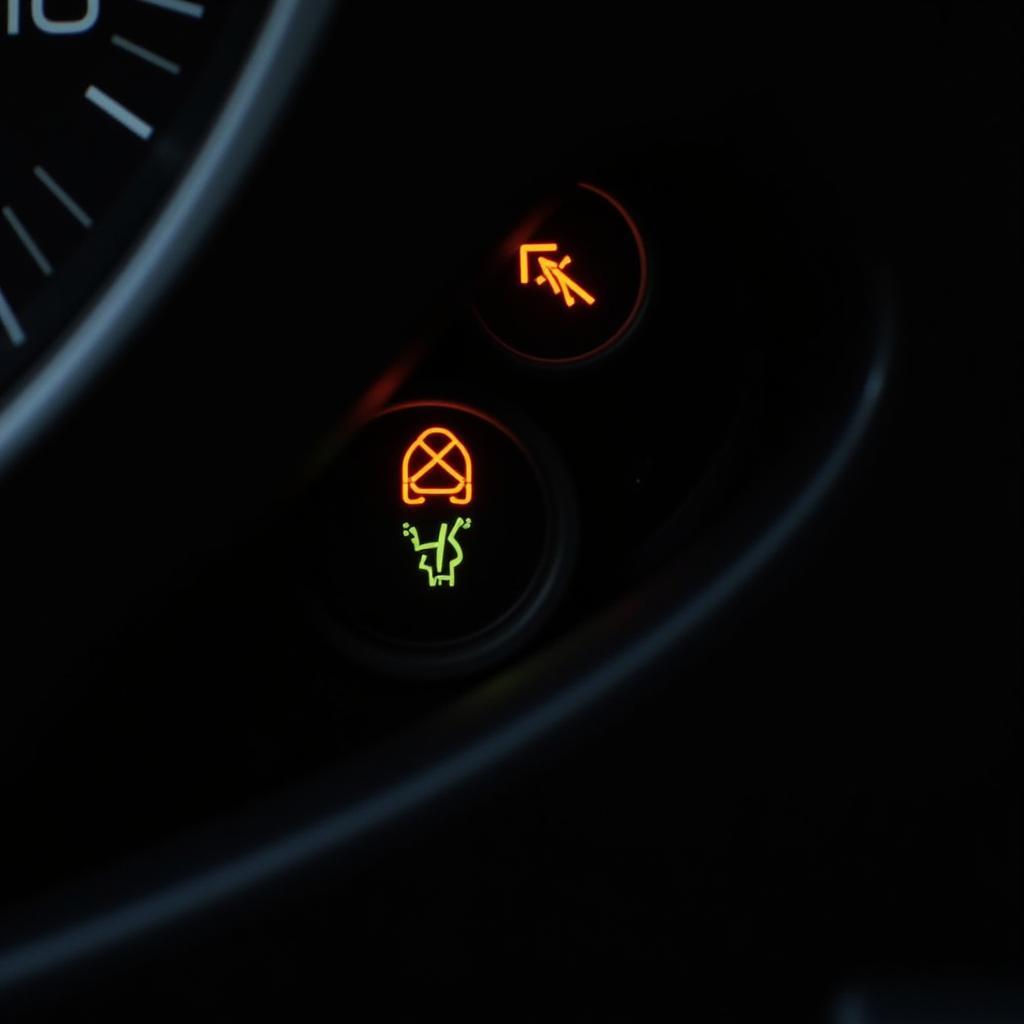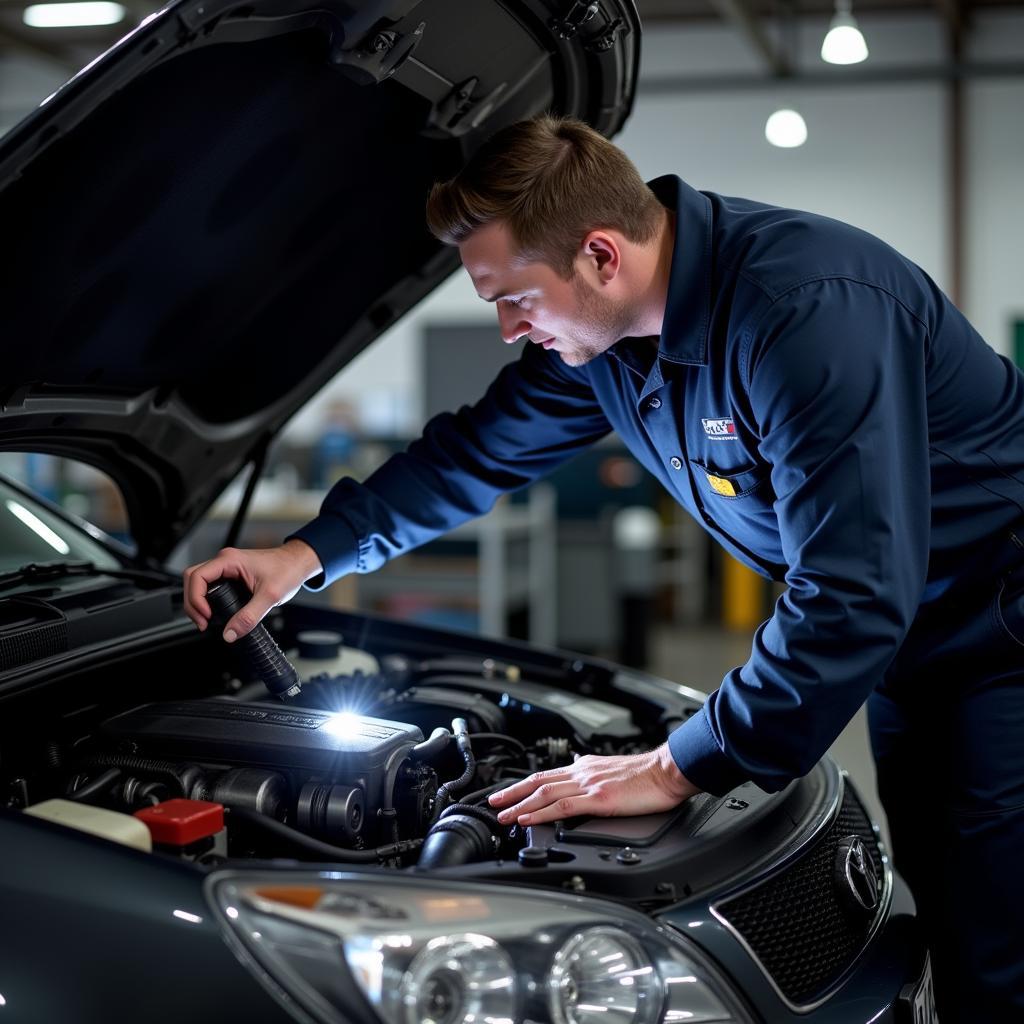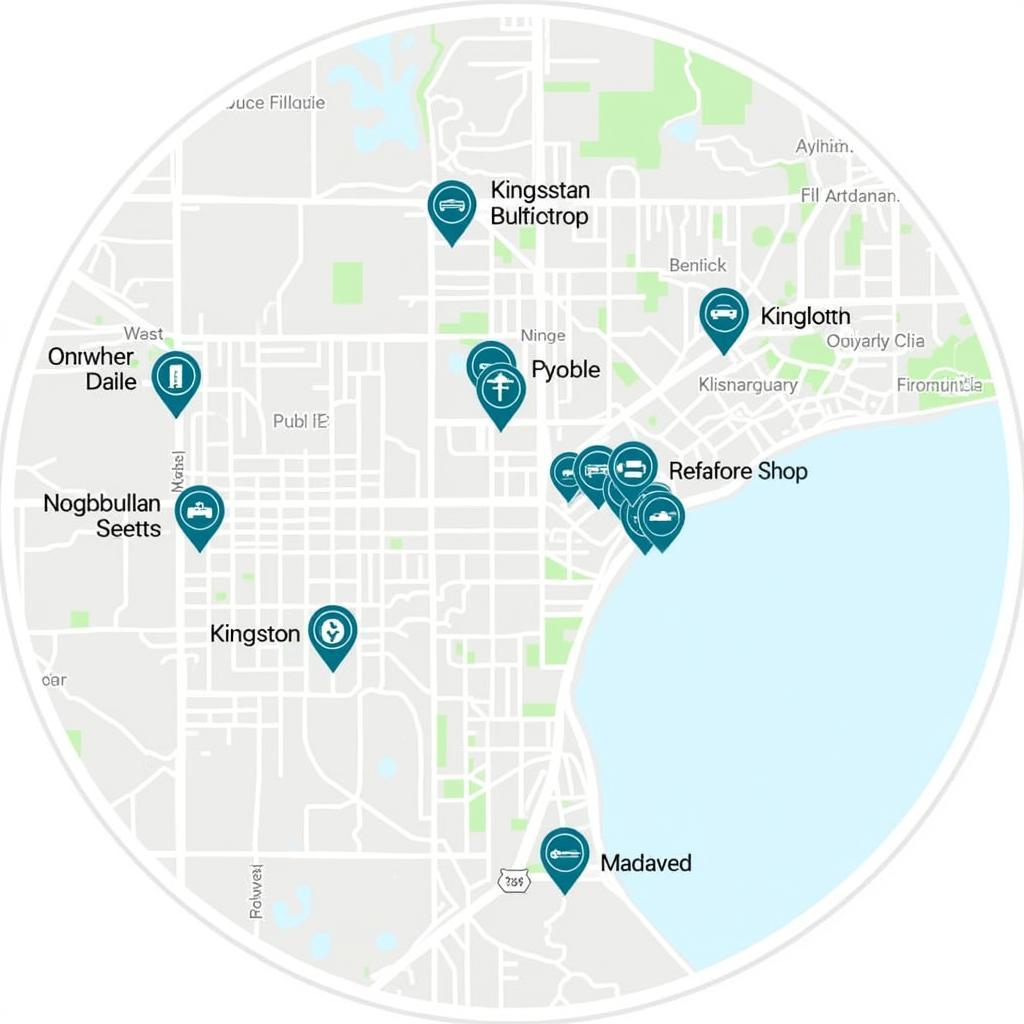How Often Is a Car Serviced? A Comprehensive Guide
Maintaining your car in top condition is crucial for safety, performance, and longevity. One key aspect of car care is regular servicing. But How Often Is A Car Serviced? The answer isn’t one-size-fits-all, as it depends on various factors like your car’s make and model, age, driving habits, and the manufacturer’s recommendations.
Understanding Car Servicing Intervals
Car servicing typically involves inspections, adjustments, fluid top-ups, and part replacements to ensure optimal performance and identify potential issues before they escalate. While there’s no universal service interval, there are general guidelines and two main approaches:
1. Time-Based Servicing
This traditional method suggests servicing your car every six months or a specific mileage interval, usually 3,000, 5,000, or 7,500 miles, whichever comes first.
2. Condition-Based Servicing
Modern cars often come equipped with sophisticated onboard computer systems that monitor various parameters and alert you when service is due based on actual driving conditions. This approach considers factors like mileage, driving style, and environmental factors for a more personalized maintenance schedule.
Factors Influencing Car Service Frequency
1. Manufacturer Recommendations
The most reliable source for determining your car’s service intervals is the owner’s manual. It outlines specific maintenance schedules based on your car’s make, model, and engine type.
2. Driving Conditions
Driving in harsh conditions like extreme heat, cold, dusty environments, or frequent stop-and-go traffic can put additional strain on your car, necessitating more frequent servicing.
3. Driving Style
Aggressive driving habits like rapid acceleration, hard braking, and speeding can accelerate wear and tear on engine components, brakes, and tires, requiring more frequent maintenance.
4. Car’s Age and Mileage
As cars age and accumulate mileage, components naturally wear down, increasing the likelihood of issues and requiring more frequent servicing.
 Car Service Checklist
Car Service Checklist
Common Car Service Intervals
While specific recommendations vary, here are some general service intervals for common car components:
- Oil Change: Every 3,000-5,000 miles or 6 months (synthetic oil may last longer)
- Tire Rotation: Every 5,000-7,500 miles
- Brake Inspection: Every 10,000 miles or annually
- Coolant Flush: Every 30,000-60,000 miles
- Spark Plugs: Every 30,000-100,000 miles (depending on the type)
- Air Filter: Every 15,000-30,000 miles
Signs Your Car Needs Servicing
Beyond scheduled maintenance, be attentive to these signs that your car might need servicing:
- Unusual noises like grinding, squealing, or knocking
- Warning lights on the dashboard
- Fluid leaks under the car
- Vibrations or shaking while driving
- Burning smells
- Decreased fuel efficiency
 Car Dashboard Warning Lights
Car Dashboard Warning Lights
“Ignoring warning signs or delaying service can lead to more significant problems down the line,” warns John Smith, Senior Automotive Technician at CarServiceOnline. “Regular maintenance is an investment that ensures the longevity and reliability of your vehicle.”
Benefits of Regular Car Servicing
- Improved Safety: Servicing addresses potential safety hazards, ensuring your car is roadworthy.
- Enhanced Performance: Regular maintenance keeps your car running smoothly and efficiently.
- Extended Lifespan: Proper care can significantly extend your car’s lifespan.
- Increased Resale Value: A well-maintained car holds its value better.
- Reduced Risk of Breakdowns: Preventative maintenance helps avoid unexpected and costly repairs.
 Mechanic Inspecting Car Engine
Mechanic Inspecting Car Engine
Conclusion
Regular car servicing is essential for maintaining your vehicle’s safety, performance, and longevity. While manufacturer recommendations provide a good starting point, factors like driving conditions and habits also play a role. Remember to consult your owner’s manual for specific guidelines and be proactive in addressing any warning signs. By prioritizing regular car servicing, you’ll enjoy peace of mind knowing your vehicle is in top condition for miles to come.
FAQs
1. What does a basic car service include?
A basic car service usually includes an oil change, oil filter replacement, and a general inspection of critical components like brakes, tires, lights, and fluid levels.
2. How much does a car service cost?
The cost of car servicing varies depending on the service type, car make and model, location, and service provider.
3. Can I service my own car?
While some basic maintenance tasks can be done at home, it’s generally recommended to have your car serviced by qualified mechanics, especially for more complex procedures.
4. How often should I check my tire pressure?
It’s advisable to check your tire pressure at least once a month and before long trips.
5. What happens if I miss a scheduled service?
Missing scheduled services may void your car’s warranty and increase the risk of potential problems going unnoticed, potentially leading to more costly repairs down the line.
6. How do I find a trustworthy car service provider?
Look for certified mechanics, check online reviews, and ask for recommendations from friends and family.
7. What is a logbook service?
A logbook service is a scheduled service outlined in your car’s manufacturer logbook. Following these services helps maintain your car’s warranty and ensures it’s maintained to the manufacturer’s standards.
For more information on specific car maintenance schedules, you can read our articles: How often should your car air conditioner be serviced?, How often should a low mileage car be serviced?, How often should you have your car serviced, How often do you need to get a car serviced?, How often should a car be log book serviced?
Do you have other car maintenance questions or need assistance finding a reliable car service provider? Contact us via WhatsApp: +1(641)206-8880 or Email: [email protected]. Our dedicated customer support team is available 24/7 to assist you.

